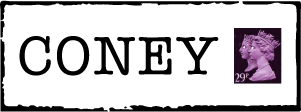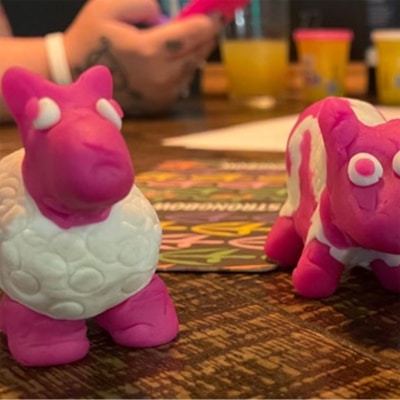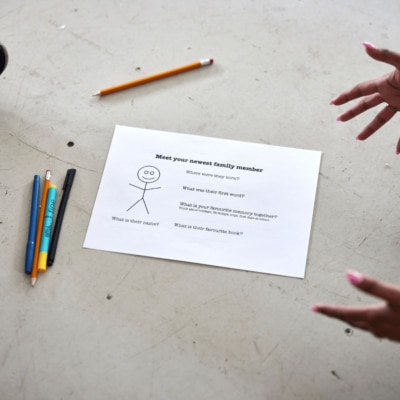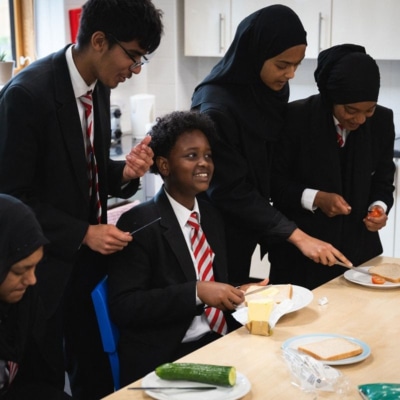The Glass Kettle: an interview with Kathryn Beaumont & Tassos Stevens
Posted on August 14th, 2019
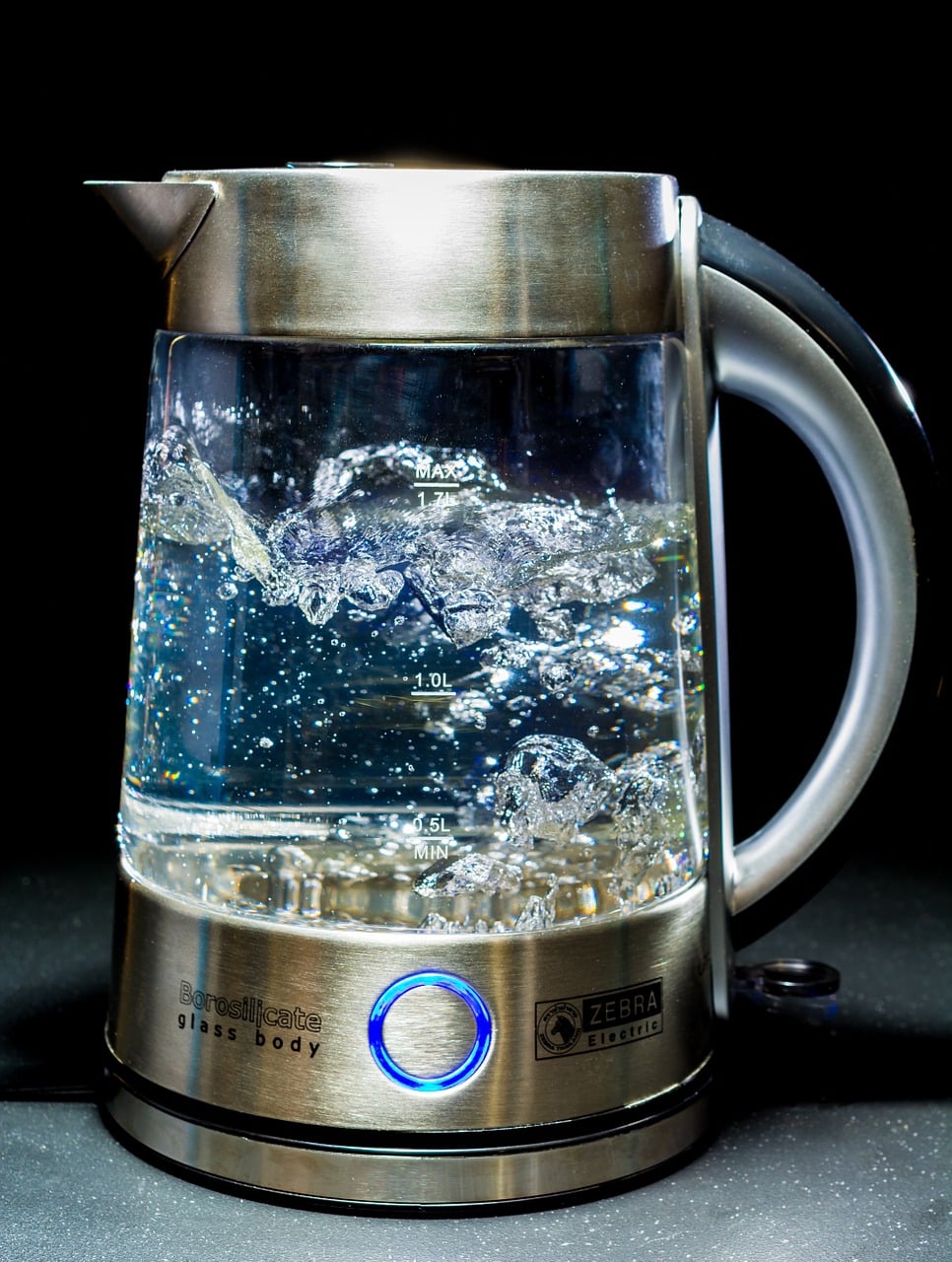
Back in the very hottest week of July, ARC Stockton supported a week’s research & development, sharing practice between actor, maker and psychotherapist Kathryn Beaumont, and maker (and Coney’s director) Tassos Stevens.
Bringing together Kathryn’s expertise as a maker and psychotherapist, and some of Coney’s playful practice plus Tassos’s own practice, they investigated ways of approaching difference of political opinion – and how we can meet difference better in a time of division. Through the week, they playtested their ideas-in-progress with local groups including the Staying Out group of elderly local residents.
Read on for Kathryn and Tassos’s reflections:
What have you been doing this week?
Kathryn: We’ve come together to share different practices, to approach the question of how we can talk about politics better (and in ways that are fun!) By better, I mean more kindly, with the capacity to hear each other and tolerate others’ views even if we disagree.
Tassos: We’ve done a lot of really productive, fruitful talking, laying out different bits of practice and riffing off those. One of the symptoms of what makes it difficult to talk about politics at the moment is that our relationship to the political process is really rigid and stuck. So we’ve been juxtaposing playmaking with practice that is essentially around relationships, and finding common ground. Thinking about that and using jedi master of play Bernie de Koven’s theories of play and relationships, we’ve been coming up with ideas of things that would be interesting for people to play.
Kathryn: There’s something about politics that taps into identity and social history and our visceral sense of ourselves, that means it’s very difficult to step away from it. But if you do something as a game, it’s easier to acknowledge that it’s a construct and you can step away from it. You can potentially end up with a really rich definition of what makes democracy engaging, without ever asking people about it directly.
What have been the main outcomes of the week?
Tassos: One of the outcomes of this week may well be developing a ‘show’, but another is having a toolbox of things – tools, tactics and lenses – that can be shared with people.
Kathryn: For me one of the biggest discoveries has been around the relationship between loss and politics in general. There’s something human that comes out of exploring our capacity to heal from loss, that feels like it sheds a helpful lens on how we bridge the divides that are becoming ever harder in our society due to political events.
I think it’s also important to acknowledge things that were real in the room, and one of those things was the heat. That led to some helpful conversations about the impact of climate change on politics at the moment, but also the effects of physical heat on human behaviour and how people respond to meeting difference.
Tassos: Literally, conversations and interactions become hot. I bought a glass kettle which we had at the table and let it boil as a clock for one of the activities in the sharing. It feels like a very simple and rich, playful resonant metaphor for a lot of what’s happening at the moment.

Kathryn: Another image was how what happens to a population in a ‘hot’ place (a riot, or a crowd) can be mirrored by what physically happens in our body when we perceive threat from another tribe with a different point of view; the fight or flight response where we lose the capacity to make clear decisions or even think.
What was the loveliest moment of the week, for you?
Kathryn: There were lots of top moments. There’s a theme of connection with other people, and of you [Tassos] teaching me things I don’t know about – I really enjoyed learning about the I Ching and divination. That felt like part of what we’re reaching for, creating a format that supports connection with others. And I really enjoyed learning the games, and playing.
Tassos: This week had moments of little lightbulbs, making connections through practice. I loved meeting the Staying Out group, a group of elderly participants who come to ARC every week to do an art/craft hangout. A 90-year-old man told me about volunteering, which was lovely.
What would you want to explore further from the week?
Kathryn: I’d like to explore how games or structures could be repeated with a different lens. It felt like a cross-fertilisation of practice that gave us a lot of riches, so I feel we’ve got a lot of little things that we can choose to grow.
Tassos: Everything we talked around grief across the personal and the political felt surprising, resonant, and accessible. I’d love to see what we can develop from here.
Back to all post